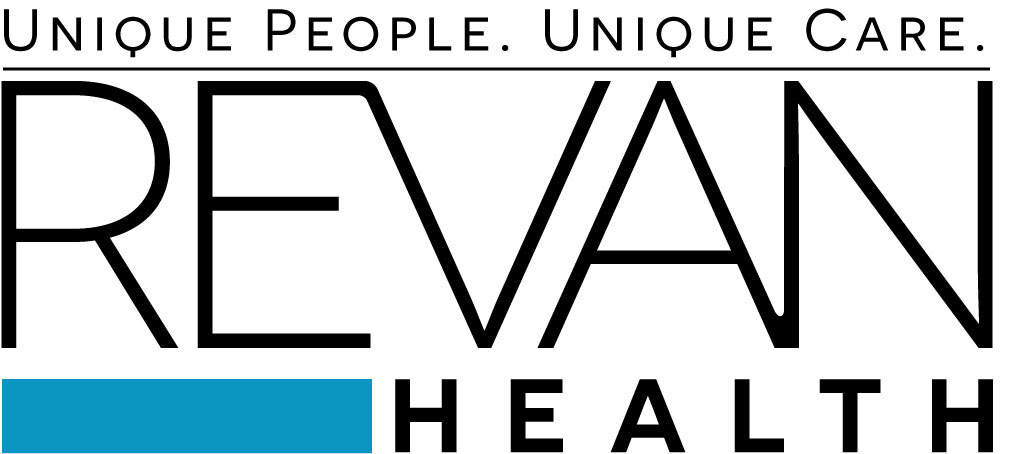We talk so often about our physical and mental health and well-being but even in this day and age, talking about sexual health and well-being seems so often overlooked or even frowned upon. But being open about sex and sexual health leads to a more informed, healthier, and frankly, satisfied, populace. So, let’s dive in, shall we?
When we talk about sexual health and well-being, what does that even mean? The World Health Organization (WHO) defines sexual health as a state of physical, emotional, mental and social well-being in relation to sexuality. Being respectful and having a positive approach to sexuality and sexual relationships and being free to engage in pleasurable and safe sexual experiences without being coerced and without the fear of discrimination or violence also fall under the umbrella of sexual health. Let’s look at some of the components that make up sexual health and well-being.
Sex Ed
We’re talking about getting much more involved than those outdated films they show in junior high. Parents talking to even very young children (in language they can understand, obvs) is a great way to remove the stigma and taboo surrounding sex. This can lead to a more open relationship with your child when it comes time for them to take charge of their sexual health. For instance, it’s important to use the anatomically correct terms for genitalia with children when talking about bodily functions. Informing them about appropriate touching and consent is also key to giving them agency over their bodies. Learning that masturbation is not only normal, but healthy is also of great benefit to children, who are often shamed or feel ashamed about it.
There are some factions that would have us believe that teaching abstinence is the first and maybe only thing we should talk to kids about when it comes to sex, but we know that just isn’t realistic. While abstinence is right for some, especially for those who identify as asexual, we have to be realistic about the fact that some teens will choose to have sex. Preparing them with the knowledge of how everything works and what physical and emotional experiences they may have can set them up for a lifetime of sexual well-being. Also arming them with the knowledge of how to prevent unwanted pregnancy and STDs is key. Which leads us to our next topic…
Safe Sex
Having easy access to contraception and STD testing is an important part of sexual health and well-being. At Revan, we offer free HIV and STD testing, and we partner with Take Control Initiative to offer free condoms via mail or in-store pick up to Tulsa residents. Contraception is key to avoiding unwanted pregnancy and in the case of condoms, lowers the risk of contracting some STDs, including HIV.
Getting tested is an important part of sexual health and well-being for everyone who’s sexually active but it may be especially important to members of the LGBTQIA+ community who often don’t receive adequate education and information on safe sex. Which leads us to our next topic…
Sexual Orientation and Gender Identity
Knowing about the spectrum of sexual orientation and gender identity is key when it comes to sexual health and well-being. Sexual orientation describes a person's enduring physical, romantic, and/or emotional attraction to another person (for example: straight, gay, lesbian, bisexual), while gender identity is one’s personal sense of being a man or a woman (or as someone outside of that gender binary). Transgender people may be straight, lesbian, gay or bisexual. For example, a person who transitions from male to female and is attracted solely to men would typically identify as a straight woman. But regardless of what we call ourselves, having the freedom to know that it’s okay to be our true selves when it comes to sexual orientation and gender identity helps create confident, secure people, which is of dire importance when it comes to the LGBTQIA+ spectrum as the rates of depression, substance abuse disorder, and suicide and attempted suicide are incredibly high, especially among young people.
Who knew that sexual health and well-being had so many facets? Turns out it’s about so much more than just the actual sexual act and is a huge part of who we are as humans. While society seems to be loosening up a bit when it comes to what’s acceptable to talk about, we still have a long way to go before we can all have open and informed conversations about sexual health and well-being. Here’s hoping this blog helps you get the conversation started.
About Revan Health
Revan Health provides welcoming, respectful family medicine for all from infants to geriatrics. We understand the pain and frustration that comes with not feeling heard by your family care provider. We believe access to respectful care is key to improving medicine adherence and overall life satisfaction for our patients. Like us on Facebook or visit us at revanhealth.com.

